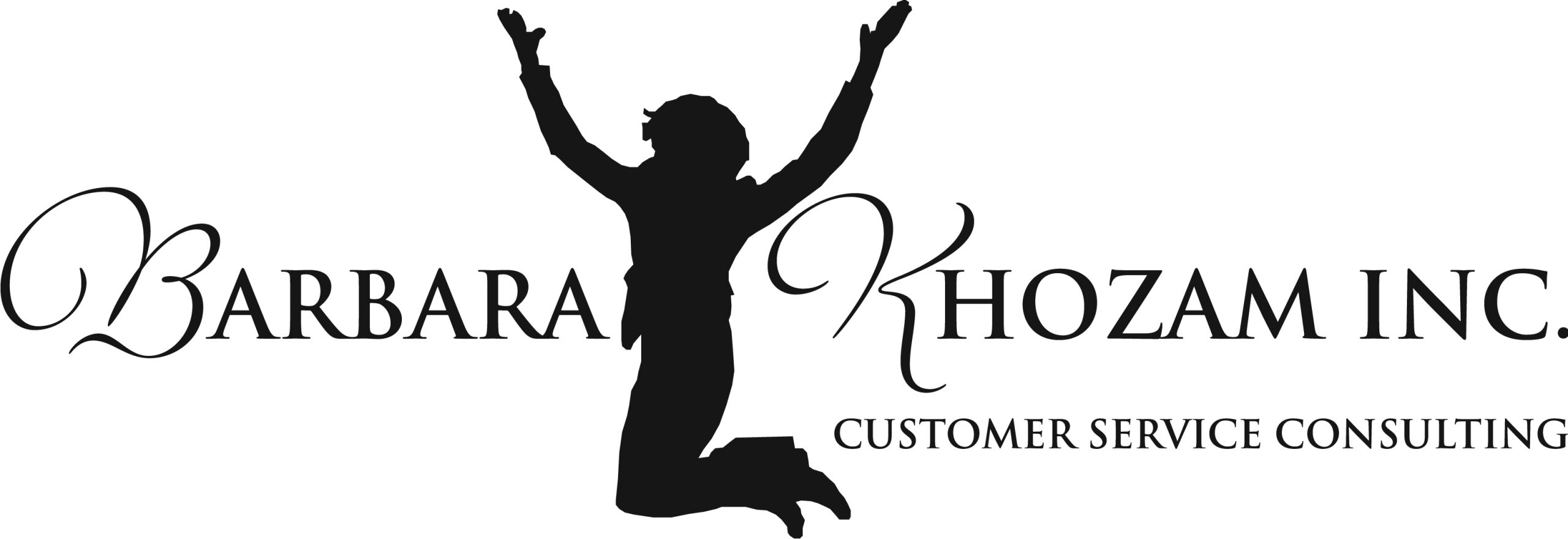
Photo by Jeremy Bishop on Unsplash
Sometimes a customer service mishap is so ridiculous that it’s difficult to believe, especially in the age of COVID-19. A colleague recently shared the following story with me.
Real World Story: I’ve been stuck at home for what now seems like an eternity, and I’ve been adhering to our city’s stay-at-home order religiously for months. But I recently had a craving for fast food. And I had a coupon for my favorite hamburger meal at my favorite fast food restaurant. Winner winner chicken dinner! But when I get there, the doors are closed because of renewed COVID concerns. The dining area was closed, so I had to order at the drive-through window.
I ordered food for the family and was ready to order my meal. I said, “I have a coupon for my order.” I order and begin to give my coupon information, but I was told I could not use my coupon. “Why?” I asked. “Because the coupon is for dine-in only.”
Okay, I think to myself, so I say, “But your dining area is closed. I can’t dine in.”
“Sorry. That’s company policy.”
Wowza! I think to myself. So much for customer service, huh?
Strategies that Turn it Around:
- Company policies are good. Company policies are great for ensuring consistency and accuracy in customer service. They help any business run effectively and efficiently. On its face, company policies are a good part of a great customer service plan.
- Sometimes, company policies need to be broken. Company policies, no matter how great they are, need to remain flexible and fluid for those situations when the policy just doesn’t make any sense. There will always come a time when a company policy needs to be broken in order to deliver great service.
- Learn to discern. A great customer service plan allows employees to discern when policies are helpful and when they simply make no sense. Employees need to be given the authority to discern when a rule needs to be broken.
Remember: Customer service is not always about saving customers a few bucks. Customer service is about SERVING your customers in a way that makes them feel heard and appreciated, even when company policies try to stand in the way of that service delivery.
Does your organization give you the authority to discern when a company policy makes no sense?

